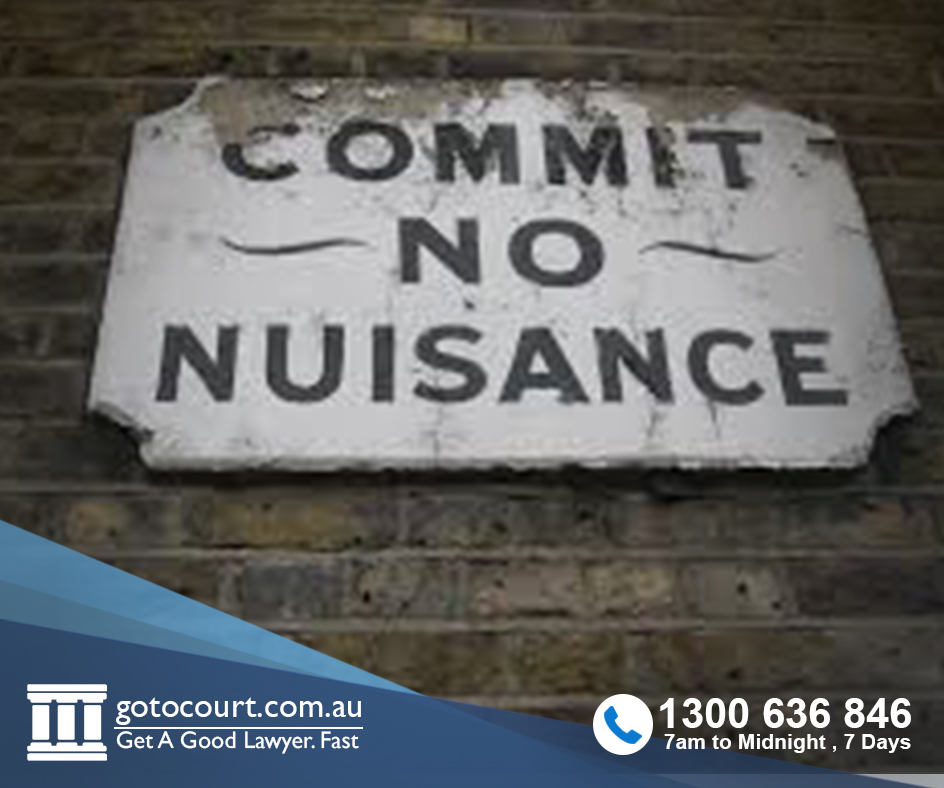Landlord and Tenant Rights and Obligations (Vic)
Residential tenancy agreements in Victoria are regulated by the Residential Tenancies Act 1997. This Act has been amended a number of times in recent years, with more changes to come into effect during 2025. This page outlines the rights and responsibilities of landlords and tenants in Victoria.
What are landlords and tenants?
In Victoria, for residential properties, a landlord is a property owner who gives another party the right to live in their property for a time. If a rental property is leased through a real estate agent, the agent has all the same duties and rights as the landlord. The person who has been granted the right to live in the property is known as the tenant.
A landlord must be informed of all tenants living in their property and all tenants should be named in the tenancy agreement. If a tenant decides to move out before the end of the lease, the consent of the landlord is required to replace the tenant with another person.
Fixed-term and periodic leases
A fixed-term lease grants a tenant the right to live in a property for a set period of time. A periodic lease is a month-to-month agreement.
Am I in a landlord/tenant relationship?
A landlord/tenant relationship is established when a landlord gives a tenant the right to occupy a property.
A rental agreement for a fixed term must be in writing. There is a prescribed form for this agreement to be in. There is one form for agreements for less than five years and another for agreements for more than five years.
A rental agreement for a periodic lease may in writing or it may be verbal.
Landlord obligations and rights
A landlord’s obligations include:
- preparing a tenancy agreement (in the standard form)
- preparing a Condition Report
- lodging the bond with the Residential Tenancies Bond Authority (RTBA)
- respecting the tenant’s privacy
- ensuring the property is in a liveable condition
- ensuring the property meets the Minimum Rental Standards
- organising repairs to the property
- ensuring any pools or spas are fenced
- ensuring replacement water fittings are three-star rated
- completing a final inspection at the end of the tenancy
- refunding the bond.
A landlord’s rights include:
- to require the payment of a bond
- to receive rent on time
- to access the property after giving seven days’ notice or with the tenant’s consent
- to retain a portion of the bond if damage is done to the property or if it is left unclean.
Tenant obligations and rights
A tenant’s obligations include:
- to complete the Condition Report
- to pay rent on time
- to allowing the landlord to access the property as required
- keeping the property clean and free from damage
- to reporting any damage or maintenance needs to the landlord
- to return the property clean and in good repair
- to return all keys and remote controls to landlord upon vacating.
A tenant’s rights include:
- to receive a signed copy of the tenancy agreement
- to receive a condition report
- to have quiet enjoyment of the property
- to have the property properly maintained
- to have repairs done within a reasonable time
- to receive their bond back if the property is returned clean and damage-free.
Resolving tenancy disputes
If a dispute arises, parties should discuss the issue. If the landlord has appointed a property manager, communicating through them will sometimes lead to an agreement without the hassle of formal proceedings.
If no agreement can be reached, conciliation can be sought through Consumer Affairs Victoria. This is a free service. During conciliation, Consumer Affairs will assist parties to come to an agreement. However, the conciliator cannot force the tenant or the landlord to reach an agreement or even to attend the meeting.
A tenant can also seek free assistance from the Tenants Union of Victoria.
If no agreement is reached, either party can file an application with the Victorian Civil and Administrative Tribunal (VCAT). VCAT proceedings are less formal than court proceedings. VCAT will hear both parties’ arguments and then come to a decision, which is binding.
If you require legal advice or representation in any legal matter, please contact Go To Court Lawyers.









